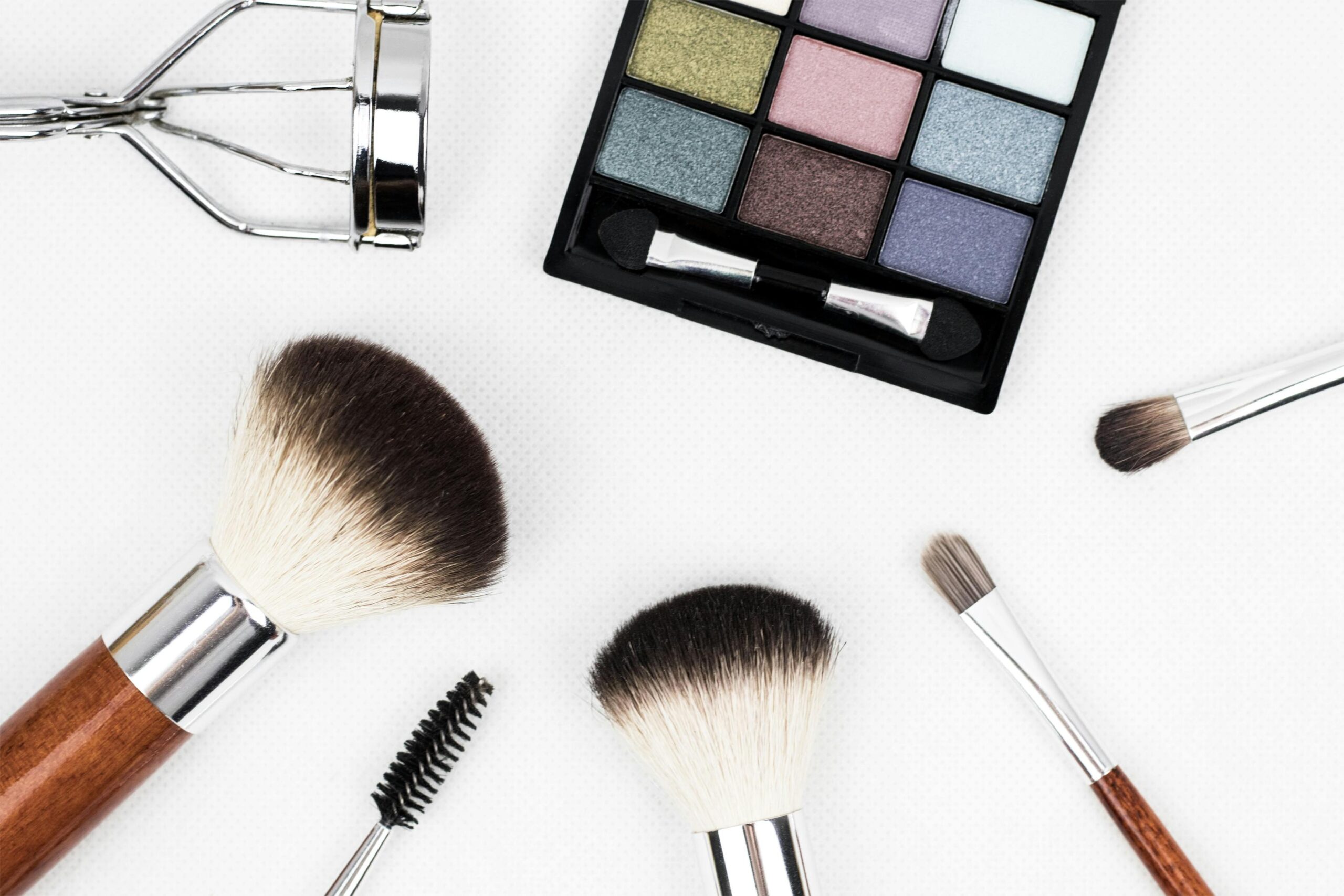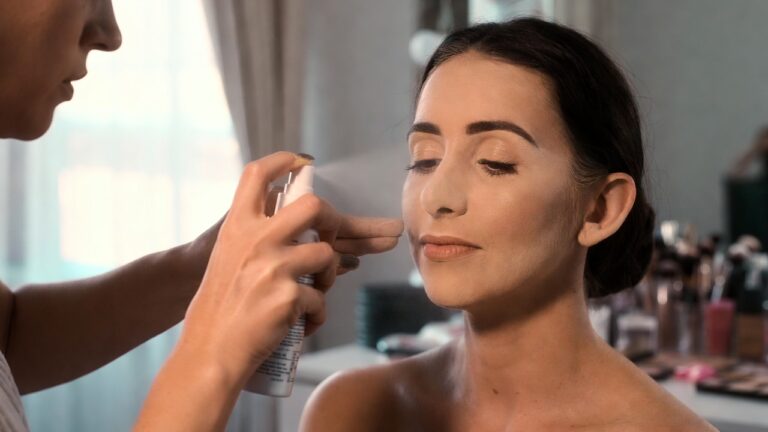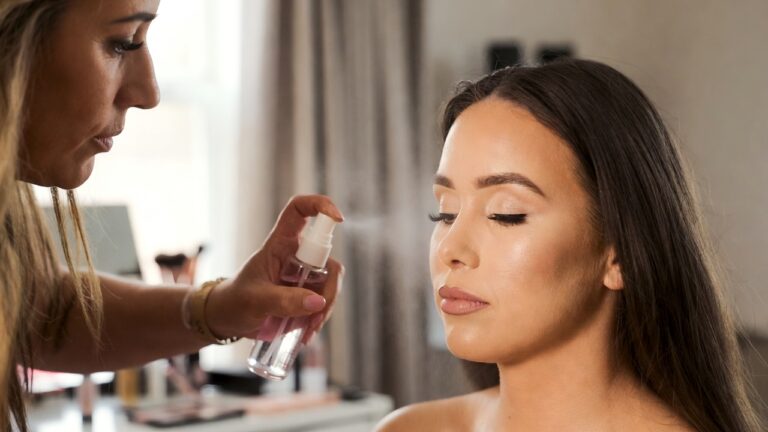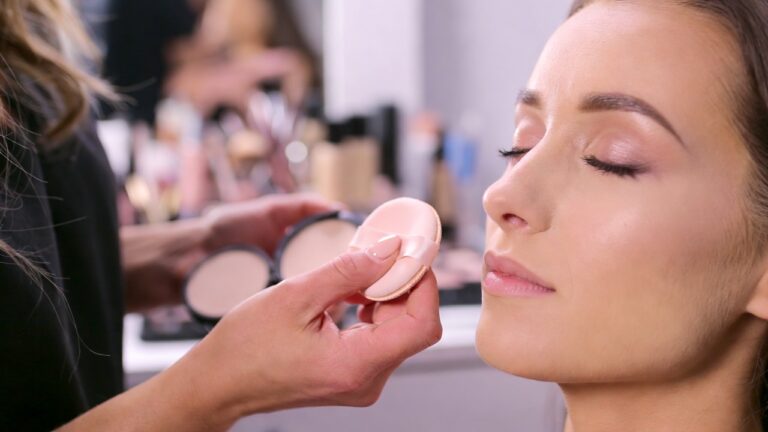When was the last time you cleaned your eye makeup brushes? If you can’t remember, it might be time to reach for the soap. Eye makeup brushes collect more than just eyeshadow—over time, they become a breeding ground for bacteria, oils, and old makeup. Using dirty brushes not only affects your makeup application but can also harm the delicate skin around your eyes. Cleaning your brushes regularly is a simple yet essential step in your beauty routine that promotes better hygiene, skin health, and long-lasting makeup results.
Prevents Bacteria Buildup
Your eye makeup brushes accumulate bacteria every time you use them. Dust, skin oils, and old makeup particles stick to the bristles, creating a perfect environment for germs to thrive. Since your eyes are sensitive, using a dirty brush increases the risk of infections like conjunctivitis (pink eye) or styes. By cleaning your brushes regularly, you remove these harmful bacteria, reducing the risk of infections.
Protects the Delicate Skin Around Your Eyes
The skin around your eyes is incredibly sensitive and prone to irritation. Dirty brushes can cause inflammation, breakouts, and clogged pores. Old makeup and oils build up on the brush and can easily transfer to your skin, leading to irritation. Regular cleaning ensures that the brushes glide smoothly on your skin, avoiding unnecessary friction and irritation.
Ensures Smooth and Even Makeup Application
Dirty brushes can ruin your makeup look. Over time, makeup clumps on the bristles, making them stiff and less effective. When you try to blend your eyeshadow, instead of a smooth, seamless finish, you might end up with uneven, patchy makeup. Clean brushes give you better control and precision, allowing you to achieve a flawless look every time.
Prolongs the Life of Your Brushes
Makeup brushes are an investment, and taking proper care of them can extend their lifespan. Cleaning them regularly keeps the bristles soft, flexible, and in good condition. Neglecting to clean your brushes causes product buildup, which makes the bristles harden and break over time. By maintaining your brushes, you won’t need to replace them as often, saving you money in the long run.
Reduces the Risk of Allergic Reactions
Many people forget that old makeup left on brushes can oxidize, change composition, and become more irritating to the skin. When this makeup buildup gets mixed into fresh makeup, it increases the likelihood of allergic reactions. Regular cleaning helps avoid this issue, ensuring that your brushes apply only fresh product to your skin.
How Often Should You Clean Your Eye Makeup Brushes?
While the frequency of cleaning may vary based on personal use, experts recommend cleaning your eye makeup brushes at least once a week. Eye brushes are used on sensitive areas of your face, and they accumulate more bacteria than larger face brushes. A quick wash once a week can prevent bacteria buildup, keep your brushes in good shape, and ensure a flawless makeup application.
How to Properly Clean Eye Makeup Brushes
Cleaning your makeup brushes doesn’t have to be complicated. Here’s a simple guide:
- Rinse the Brushes
Hold the bristles under lukewarm water, pointing the tips downward. Avoid wetting the handle, as this can loosen the glue that holds the bristles. - Use a Gentle Cleanser
Apply a drop of baby shampoo or a gentle brush cleanser to your palm. Swirl the brush in the cleanser to create a lather, making sure to get all the bristles coated. - Rinse Thoroughly
Rinse the brush under lukewarm water again until the water runs clear. Ensure all the soap and makeup residue are gone. - Reshape and Dry
Gently squeeze out the excess water and reshape the bristles with your fingers. Lay the brushes flat on a clean towel to air dry. Avoid standing them upright while drying, as water can seep into the handle and damage the brush.
Signs Your Brushes Need Cleaning
If you notice any of the following, it’s time to clean your brushes:
- Makeup applies unevenly or appears streaky.
- The bristles feel stiff or scratchy.
- You notice a musty or unpleasant smell.
- Your skin becomes irritated or breaks out after using the brush.
Cleaning your brushes should become a regular habit, not just something you do when they look visibly dirty. The more frequently you clean, the better your brushes will perform, and the longer they’ll last.
Conclusion
Cleaning your eye makeup brushes is a simple but crucial step in maintaining healthy skin and flawless makeup application. Regular cleaning removes harmful bacteria, prevents skin irritation, and ensures your brushes last longer. By incorporating this habit into your routine, you can avoid unnecessary skin issues and get the most out of your beauty tools.
FAQs
1. How often should I clean my eye makeup brushes?
You should clean your eye makeup brushes at least once a week to prevent bacteria buildup and ensure a smooth makeup application.
2. Can I use regular soap to clean my brushes?
It’s best to use a gentle cleanser, like baby shampoo or a dedicated brush cleaner, to avoid damaging the bristles.
3. What happens if I don’t clean my brushes regularly?
Using dirty brushes can lead to skin irritation, breakouts, eye infections, and uneven makeup application.
4. How should I dry my brushes after cleaning?
Lay them flat on a clean towel to air dry. Avoid standing them upright to prevent water from damaging the handle.
5. Can cleaning my brushes too often damage them?
No, as long as you use a gentle cleanser and handle the brushes carefully, regular cleaning will not damage them. It will actually extend their life.
6. Is it necessary to clean new brushes before use?
Yes, cleaning new brushes removes any factory residue and ensures they are clean before touching your skin.



